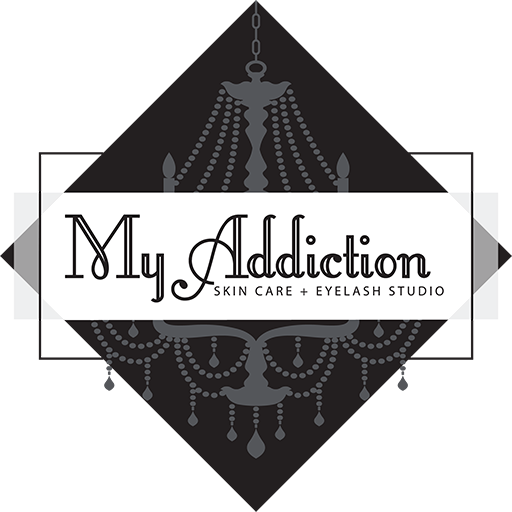

Our appearances might have changed, but more importantly, the things that made us who we are have all started to disappear, leaving only one defining thing left drugs or alcohol. Sometimes we can get so lost that we do not even recognise ourselves anymore. Do you feel like you are not the same person you once were?ĭo you recognise yourself? Are you proud of the person you have grown into?Īll of us, at one point in our lives, get lost – and that’s OK.
#My addiction skin care free#
You might be gambling, you might be drinking or taking drugs, whatever your addiction, for us, it’s a question of why not what.īook a free addiction assessment now.
#My addiction skin care professional#
When it comes to addiction, professional advice and assessments will be critical in helping you find the right help for your unique condition. Let’s find out… The quickest and most accurate way to tellįree addiction assessments provided by Castle Craig’s expert admission team will be able to quickly help you identify the seriousness of your addiction, alongside offering advice for next steps. We do not need to waste time detailing physical and psychological signs of addiction – you know the effects alcohol and drugs has over your mind and body, the question is ‘are you bad enough?’ Rehab Costs & Options for Alcohol | Drugs | Other addictions The fact that you’ve found us, or are asking Google questions about your alcohol or drug abuse, might be proof enough that you need help. These may require their own assessment and treatment.How Bad is Your Addiction? So, you want to know if your addiction is severe enough for treatment. People with skin picking disorder often also have other obsessive compulsive disorders. It's also related to other obsessive compulsive disorders, such as body dysmorphic disorder, where the person is excessively preoccupied with their appearance. It's sometimes called a body-focused repetitive behaviour and is similar to repetitive hair pulling disorder (trichotillomania). other blemishes that the person wants to get rid of (these may not be noticeable to other people).skin conditions, such as acne or eczema.negative emotions, such as guilt or shame.Skin picking disorder is related to obsessive compulsive disorder, where the person cannot stop themselves carrying out a particular action. This may be prescribed by a GP, but more often it'll be prescribed by a specialist (psychiatrist).

Your doctors may recommend some types of medicine to help you control your skin picking behaviour.

picking your skin is causing you emotional distress or affecting your daily lifeĪ GP will ask you about your skin picking behaviour and look at your skin.you're causing serious damage to your skin by picking it, like cuts that do not heal within a few days.


 0 kommentar(er)
0 kommentar(er)
